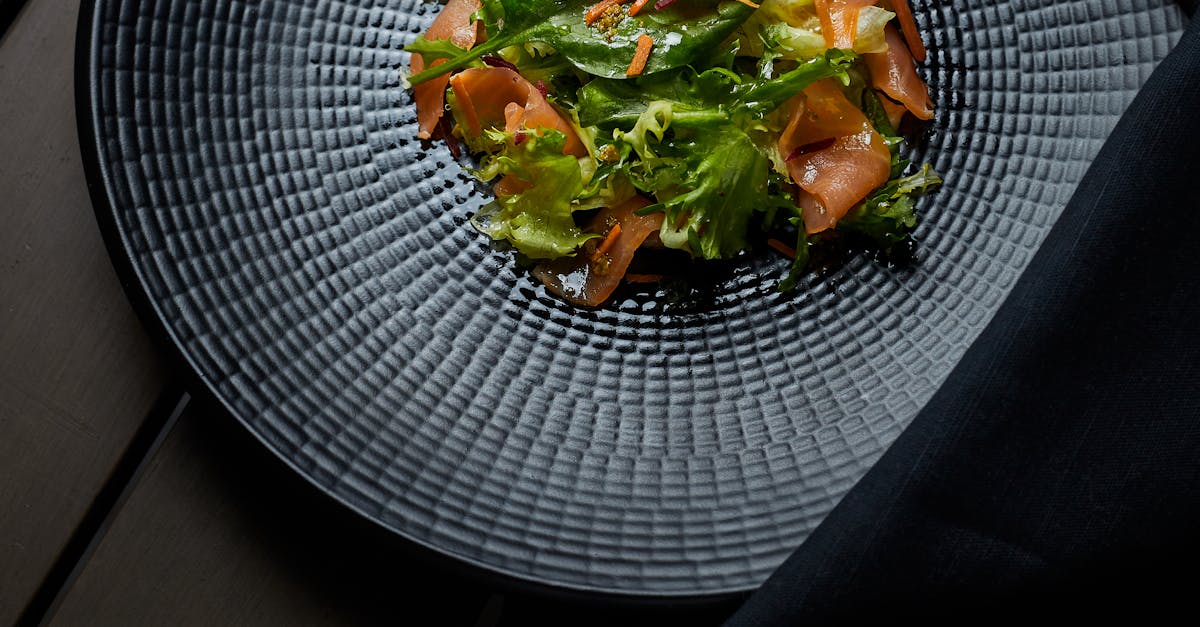22Views

Elevate Your Health with High-Protein Vegan Meal Prep
High-Protein Vegan Meal Prep Essentials
1. Understanding Protein Requirements for Vegans
Embarking on a high-protein vegan diet requires a precise understanding of your daily protein needs. Contrary to common misconceptions, achieving adequate protein intake without animal products is not only possible but also beneficial for your health. Research from the National Institutes of Health (NIH) indicates that plant-based protein sources can provide all essential amino acids when consumed in a balanced manner. By incorporating a variety of plant proteins into your diet, you can easily meet your protein requirements and support muscle growth and repair.
Plant-Based Protein Sources: Legumes, nuts, seeds, tofu, tempeh, and quinoa.
2. Benefits of Meal Prep for High-Protein Vegan Diets
Meal prepping is a game-changer for individuals following a high-protein vegan diet. By dedicating time to plan and prepare your meals in advance, you not only save time and money but also ensure that you have nutritious, protein-packed options readily available. Harvard Health research highlights that individuals who engage in meal prep are more likely to make healthier food choices and maintain a balanced diet. This practice can also help you avoid the temptation of unhealthy convenience foods during busy days, making it easier to stick to your dietary goals.
Sample 3-Day Meal Prep Plan:
- Day 1: Breakfast – Overnight chia seed pudding with almond butter, Lunch – Lentil salad with roasted vegetables, Dinner – Chickpea curry with quinoa.
- Day 2: Breakfast – Protein-packed smoothie bowl, Lunch – Tofu stir-fry with brown rice, Dinner – Black bean and sweet potato chili.
- Day 3: Breakfast – Avocado toast with hemp seeds, Lunch – Greek lentil soup, Dinner – Mushroom and spinach vegan lasagna.
3. Maximizing Protein Absorption with Diverse Plant-Based Foods
Incorporating a variety of plant-based foods is key to maximizing protein absorption and ensuring you receive a diverse range of nutrients. Research from the Mayo Clinic emphasizes the importance of combining different plant proteins throughout the day to create complete amino acid profiles. By including complementary protein sources in your meals, such as beans with rice or hummus with whole-grain pita, you can enhance the bioavailability of protein and optimize your overall nutritional intake.
Nutrient-Rich Pairings: Quinoa and black beans, almonds and spinach, lentils and brown rice.

